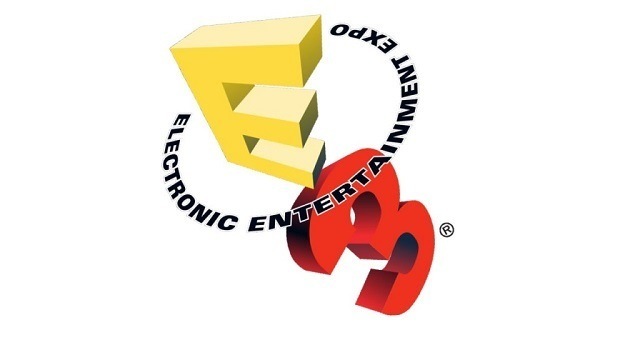It’s amazing to see the litany of games presented at E3 every year. It’s even more amazing to see it from the point of view of someone who works in the industry in a non-traditional capacity.
Most people think of game studios as artists, developers, and a few talking heads, but there is so much more. Who sets up the booth that you wait in? Who creates the amazing statue displays you see? Who sets up the computers, consoles, and displays, and then tests them? Who carefully places each and every amiibo into a glass case JUST RIGHT so that the picture you send back to your super-jealous friends at home can make them absolutely green with envy?
Simply put, it’s me and thousands like me. I work for a large independent game studio, but not on the production side of the house. I’m what some may call ‘operations.’ As in I make sure things operate. As a fan of games, it can leave you jaded. As an employee, in the industry, it will remind you that this is a business. Truthfully though, it will also leave you inspired and hopeful that no matter how bad things seem, everything is still in development, and you can still be surprised by any project at any time. What most major game studios won’t tell you is that they deliberately took a small portion of their production staff from their game just to generate that tiny vertical slice you see for E3 in an effort to put their best foot forward, and hopefully win an award.
Those awards may not seem like much at the time, but when the marketing machine gets the product, they can tout the accolades they’ve received at a show as evidence that their game is the ‘Best Action Game’ or ‘Best MOBA’ of the year. This truly is a marketing grab for headlines by each and every studio. The messaging is controlled, the content is controlled, and even the people are controlled. There are an entire subset of people like myself who are instructed not to speak to anyone about anything in production because it may reveal too much about a character’s skiilset, or an NPC’s questline. Worst of all, we may let out the dirty little secret that there are bugs in the game that will crash it entirely with no hope of retrieving the gamesave.
At worst this feels like Orwellian-esque level controlling, and at best simply disingenuous. What it really is though, is business. Over the past several years many studios have found that their entire business was in jeopardy because of one negative review being included in their Metacritic score. Bonuses of people who work 80 hours every week to get your game out on time have been lost because a site hates a single standard gameplay moment. Publisher marketing support has been decreased or pulled altogether because a game didn’t show well. This is the business side of games that nobody wants to talk about. It’s not the sexy trailer you just saw for the next Game of the Year, but it IS the reason the other games at that same show will barely be profitable.
Is basing a game’s value, and in many cases, a studio’s fate on a Metacritic score a fair practice? Probably not, but it is done. Simply put, the model is broken, and I don’t claim to have the answers to fix it. I can only say what is, not what will be. In short? Trust your gut with what games you purchase, and what games you don’t. Your wallet directly impacts what games get made.







Published: Jun 26, 2015 02:01 pm